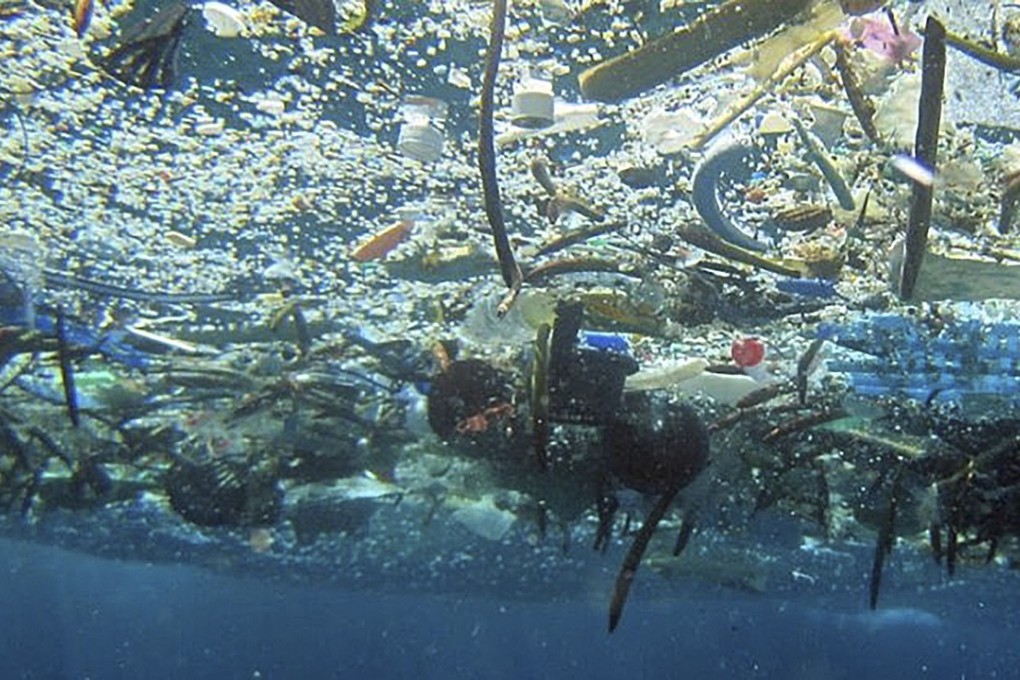Scientists accidentally create possible pollution solution – an enzyme that eats plastic

Researchers in the US and Britain have accidentally engineered an enzyme which eats plastic and may eventually help solve the growing problem of plastic pollution, a study said Monday.
More than eight million tonnes of plastic are dumped into the world’s oceans every year, and concern is mounting over this petroleum-derived product’s toxic legacy on human health and the environment.
Despite recycling efforts, most plastic can persist for hundreds of years in the environment, so researchers are searching for better ways to eliminate it.
Scientists at the University of Portsmouth and the US Energy Department’s National Renewable Energy Laboratory decided to focus on a naturally occurring bacterium discovered in Japan a few years ago.
Japanese researchers believe the bacterium evolved fairly recently in a waste recycling centre, since plastics were not invented until the 1940s.
Serendipity often plays a significant role in fundamental scientific research, and our discovery here is no exception
Known as Ideonella sakaiensis, it appears to feed exclusively on a type of plastic known as polyethylene terephthalate (PET), used widely in plastic bottles.